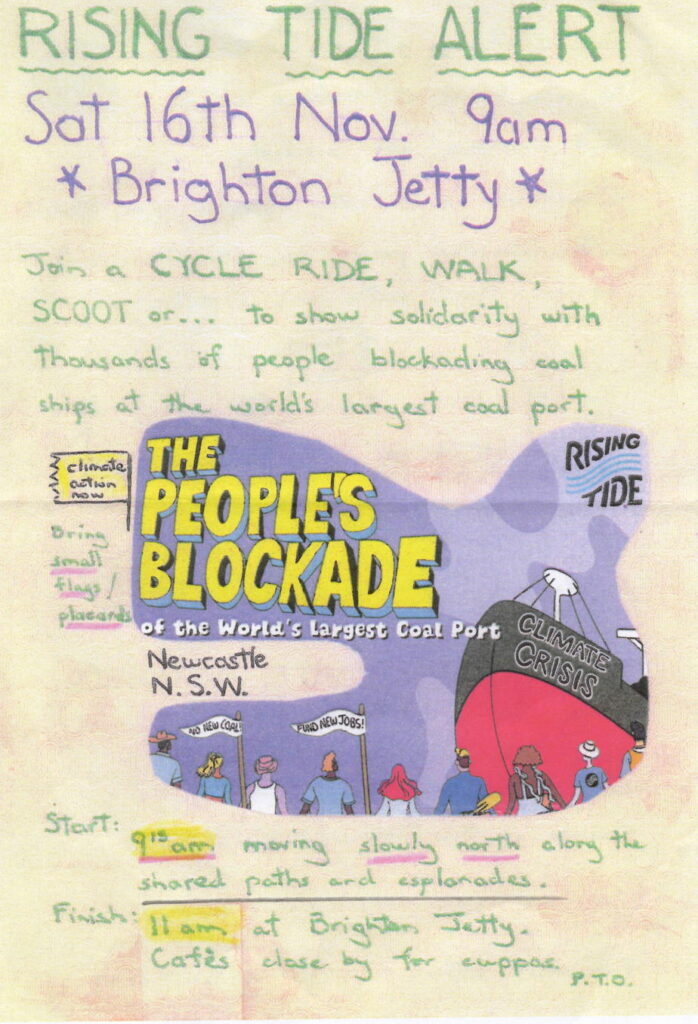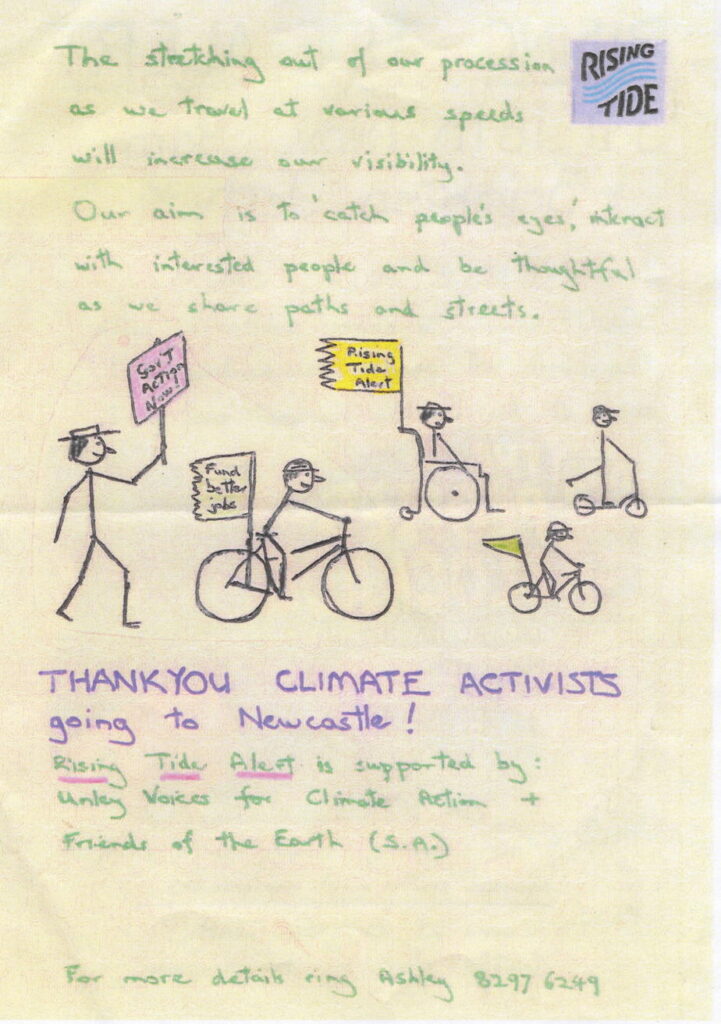Script to assist calling your local MP/Senator (and yes they do want to hear from you) — Of course it is only a guide to be used as you need
I am (insert name) and I am a local constituent.
I am hoping you can pass on a message to (insert MP/Senator name).
In brief, I’m ringing to ask (MP/Senator’s name) to raise their voice in the Labor caucus, and with the Prime Minister’s office, to ensure that the EPA bills are passed in the February sitting weeks – including the Labor amendments to deliver environmental standards within 12 months.
I really appreciate that the Prime Minister has promised to bring the bills back to Parliament, in the upcoming sittings. I am hoping the Government can work closely with the cross bench to get a good outcome.
I believe we need to pass this legislation to show to environmentally concerned voters that Labor cares about the environment.
My request is that (insert MP/Senator name) raises the deep concern within the environmental community that we pass the EPA bills in February, with amendments to create environmental standards. Maybe they can advocate for the EPA by bringing it up with caucus colleagues, in factional meetings and with the Prime Minister’s office.
Can you pass that on? Would it be worth me calling back tomorrow or the next day to hear how your conversation went?
Thank you
The bills: what are we asking for?
The legislation before parliament creates the EPA and a data agency to improve decision making, Environmental Information Australia. It also increases penalties and fines for not complying with current environmental laws.
Both business and environmental advocates want to see changes to how the legislation itself works. The creation of new institutions, while game changers for environmental governance, makes no immediate improvements to the environmental outcomes of the legislation, nor do they deliver increased certainty and clarity in decision making which business needs.
For this reason Minister Plibersek proposed including the creation of environmental standards as an amendment to the package. The standards are the centre-piece of the larger reforms, as recommended by Professor Samuel. The current laws are all process, without any clarity of what outcomes they are trying to achieve. This has devastating impacts on species while also meaning that business does not know what the expectations are of them. Creating environmental standards for decision making will provide certainty for the environment and certainty for business.
The creation of standards is long term Labor policy, approved by cabinet in December 2022, as part of the Nature Positive package. Including a commitment to creating standards within 12 months, is simply operationalising existing Labor policy and makes lots of sense for the environment and the more efficient operation of the Act.


